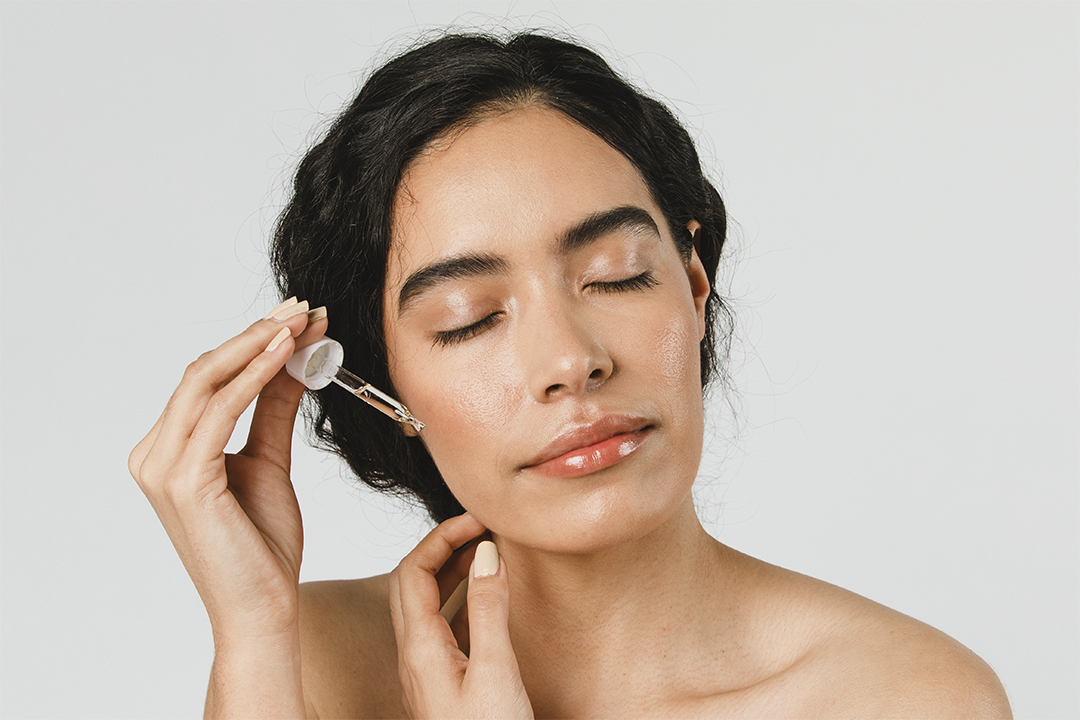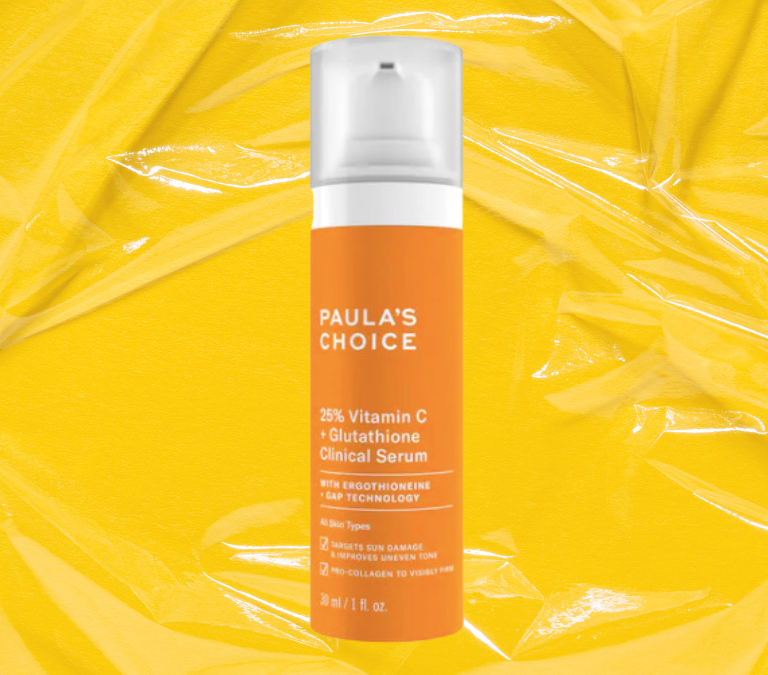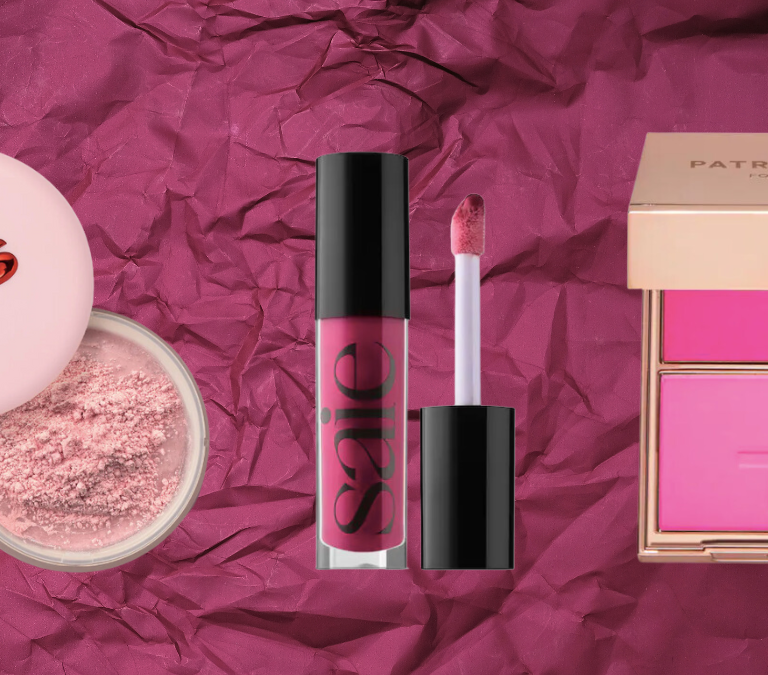
From serums to sheet masks, night creams, and even hair products, hyaluronic acid has gone from a beauty secret to a trending must-have in skincare.
[SEE ALSO: What Are Skin Blemishes & How To Clear Them Up]
But with all this renewed beauty buzz, it’s important to know what you’re getting into before you stock up on this cosmetic ingredient. Let’s dive into what exactly it is, what benefits it offers, and whether it’s worth the hype.
What is hyaluronic acid and how does it work on the skin?
Hyaluronic acid (HA) is a polysaccharide, a molecule made up of several sugar units, that love to bind to water molecules. In humans, it occurs naturally in joints, hair, and eyes, but is most abundant in the skin, accounting for 50% of the body’s total hyaluronic acid. Due to its complex structure, it is capable of storing up to 1,000 times its weight in water. Thus, it is key for the elasticity and hydration of the skin.
In the deeper layers of the skin, hyaluronic acid retains water from the capillaries and bloodstream. That’s why drinking plenty of water is said to help keep the skin hydrated. In the uppermost layer of the skin, hyaluronic acid absorbs water from the deeper layers. Moreover, the sebum produced in the sebaceous glands prevents all the water that binds to hyaluronic acid from evaporating, thus retaining moisture in the skin.
What about HA in skincare products?
Because natural HA in the skin decreases with age, many brands have developed skincare products with this molecule. All these products claim to increase hydration in the skin and help attenuate the appearance of wrinkles, but this is not always true.
Hyaluronic acid comes in different molecular sizes. High molecular weight hyaluronic acid tends to sit on your skin’s surface and does not penetrate further, having only a temporary moisturizing effect. On the other hand, low molecular weight hyaluronic acid can penetrate the uppermost layer of the skin, where it can help plump up fine lines and wrinkles. So, the effect of the product will basically depend on the molecular size of HA.
But be careful, it can also dehydrate your skin
Under low-humidity conditions, humectants, such as hyaluronic acid, draw moisture from the skin and temporarily hold it until the environment becomes more humid. Therefore, hyaluronic acid can actually increase water loss, leaving your skin tight and uncomfortable.
For this reason, if you live in a dry environment or use a lot of air conditioning, it is recommended to use hyaluronic acid in combination with an occlusive ingredient that will trap water in the skin so it doesn’t evaporate. Some occlusive ingredients are oils, silicones, and waxes such as jojoba oil, shea butter, paraffin, or squalene.
So, is it worth trying?
Yes! Hyaluronic acid is an excellent moisturizer for all skin types, as it doesn’t cause allergic reactions or irritate sensitive skin. However, you should keep in mind our notes above and the following recommendations. Make sure to look for products that contain multiple HA sizes — both high and low molecular sizes — and don’t forget to apply a topcoat of oil serum or moisturizer with occlusive ingredients.
Have you tried hyaluronic acid serums before? Let us know in the comments!



